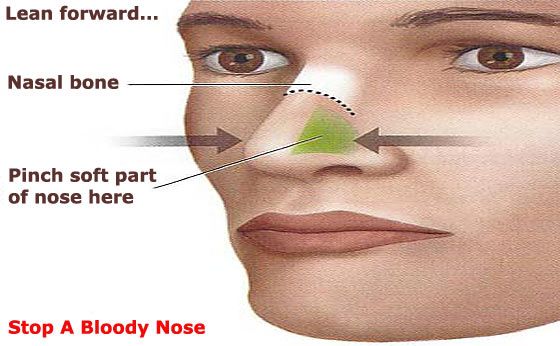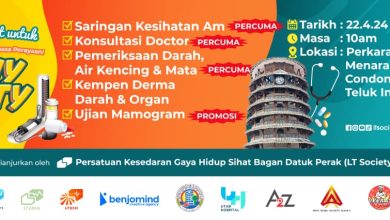

Ear, Nose & Throat Care
By Dr Rekha Balachandran
One of the most alarming things to happen to anyone is a nosebleed. Although frightening, they are fairly common occurrences. They can occur on either one or both sides of the nose and can often be substantial in amount. The nose is full of many tiny blood vessels, which can cause a lot of bleeding even with a minor injury, such as when picking or blowing the nose.
Sleeping or working in air-conditioned rooms can also cause bleeding when the dry cool air tends to suck the moisture out of the lining of the nose. When it becomes dry, the secretions of the nose become crusty, and picking at them will cause bleeding. Bleeding can also be caused by an infection like the flu, as when the nasal lining becomes inflamed or cracked, it’s more likely to bleed.
Once there is an area of bleeding, any change in surrounding temperature, such as going from indoors to a hot sunny area can cause the injured blood vessels to swell and for bleeding to recur.


An ENT doctor will usually do an endoscopic assessment of the nasal cavity to look for the source of bleeding and its underlying cause. Bleeding can be stopped with the application of a chemical or thermal cautery. If the bleeding is profuse (as it can be especially for those with high blood pressure) a temporary nasal pack needs to be inserted to control the bleeding until the blood pressure is brought under control with medication.
For adults with recurrent bleeding it is important to rule out the possibility of a growth in the nose. Nose cancer or Nasopharyngeal carcinoma (NPC) is a common cancer here in Malaysia and may present with recurrent nosebleeds.
Nosebleeds can also commonly occur in the following situations:
- Young children with nasal allergies or nose picking habits
- Pregnancy due to the associated hormonal changes
- People who regularly take aspirin and blood thinning medication, such as warfarin
- People with bleeding disorders.
If you or your child has frequent nosebleeds, there are some measures you can take to minimise the occurrence of these events.
- Avoid picking your nose and blowing your nose hard when it’s blocked due to a cold or allergies.
- The use of a home humidifier can make a difference, especially in the air-conditioned bedroom.
- The use of saline or salt water spray in your nose can help to moisturise the nose and get out small dry bits of crust instead of picking the nose. Lubricating the inside of the nose by applying petroleum jelly gently with a cotton bud or finger also achieves the same purpose.
After a nosebleed, a “crust” will form inside your nose. Although it is unpleasant, it is part of the healing process and removing it will cause bleeding to recur.


